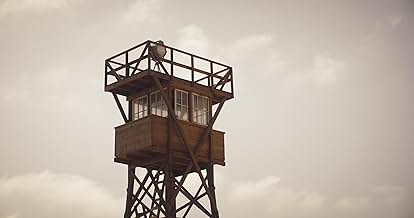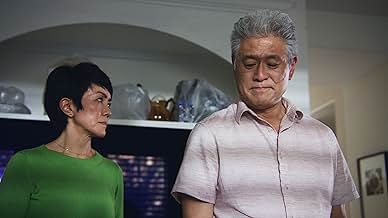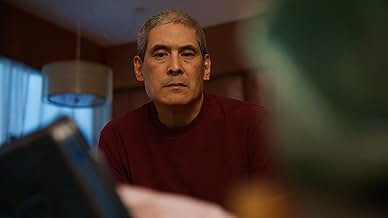To me, individuals and families identify themselves in contexts. Some contexts are: who the other family members are, how spirituality connects them, their rituals, their shared celebrations, their shared tragedies, their shared grievances, their secrets, and especially in America, their heritages. This film depicts a family who struggles with the underlying half-known history of their family. Japanese American families with histories that go back to at least WWII have a special context: family members who were forced from their homes and into concentration camps thanks to Executive Order 9066. This was a shameful period of America that forced Americans from their homes because they looked like people of the nation that attacked Pearl Harbor on December seventh, nineteen forty-one. To me, one big issue of the film emerges: "Who are we? We are Americans whose parents and grandparents were 'othered' and their homes ripped from their possession through no fault of their own." The contemporary family goes through typical life in having family events, having jobs, going to college, and being connected to the overall culture with music, literature, movies, and news items. But, they are dealing with an extra dimension of dynamics. The family has been held together by the children of those who experienced the camps. Now, some evidence of the lives of the grandparents comes to light and a conflict emerges: do they keep the family together by not looking more deeply into some found letters and items of that time, or do they dig into this evidence and have the family structure threatened by exposing these unknown secrets? What would they find? Would the findings change their identities? Would something come to light that could cause them embarrassment? I saw the main tension coming from some of the family wanting to know what these details are no matter what it says about the family versus keeping the status quo of the family identity by not delving into these secrets and details. During wartime incarceration, these families were asked if they were willing to serve on combat duty wherever ordered or perhaps serve in the Women's Army Auxiliary Corps. They were also asked if they would swear unqualified allegiance to the United States and forswear any form of allegiance to the Emperor of Japan. 'No No Girl' gets its title from answering "no" to these questions. As an American, I say "How dare you ask me these questions!" These Americans were not treated as citizens who could have a freedom of choice to join the war effort or not. These Americans were asked a question of allegiance to someone they never had any connection to. The play 'Allegiance' delves into these issues by showing families experiencing the camps. This film shows the contemporary aftermath of this with its implications on the family. One of the implications is that the family knows exactly where the home their grandparents had, and it is nearby. Their home was stolen from them and their family was still able to reform themselves and start again. I could feel the pain behind the eyes of the family members who were going through these many levels of conflict. My family came from countries other than America. We were not treated like this. But I sure as hell can imagine what that might have felt like. I can imagine that because I am a human being, worthy of respect and dignity, just like them.




















